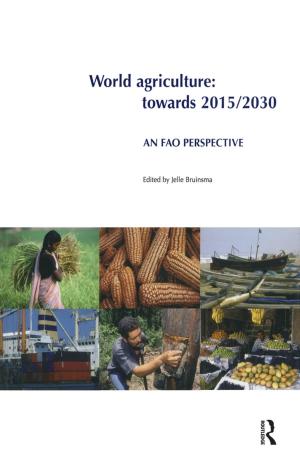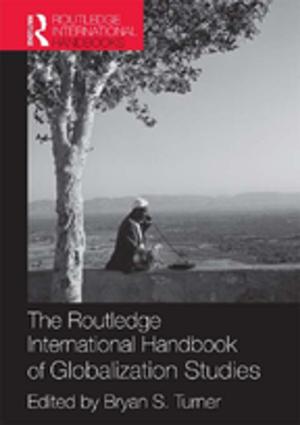Government Formation and Minister Turnover in Presidential Cabinets
Comparative Analysis in the Americas
Nonfiction, Social & Cultural Studies, Political Science| Author: | ISBN: | 9781315466477 | |
| Publisher: | Taylor and Francis | Publication: | November 28, 2017 |
| Imprint: | Routledge | Language: | English |
| Author: | |
| ISBN: | 9781315466477 |
| Publisher: | Taylor and Francis |
| Publication: | November 28, 2017 |
| Imprint: | Routledge |
| Language: | English |
Portfolio allocation in presidential systems is a central tool that presidents use to deal with changes in the political and economic environment. Yet, we still have much to learn about the process through which ministers are selected and the reasons why they are replaced in presidential systems.
This book offers the most comprehensive, cross-national analysis of portfolio allocation in the Americas to date. In doing so, it contributes to the development of theories about portfolio allocation in presidential systems. Looking specifically at how presidents use portfolio allocation as part of their wider political strategy, it examines eight country case studies, within a carefully developed analytical framework and cross-national comparative analysis from a common dataset. The book includes cases studies of portfolio allocation in Brazil, Chile, Colombia, Costa Rica, Ecuador, the United States, Peru and Uruguay, and covers the period between the transition to democracy in each country up until 2014.
This book will be of key interest to scholars and students of political elites, executive politics, Latin American politics and more broadly comparative politics.
Portfolio allocation in presidential systems is a central tool that presidents use to deal with changes in the political and economic environment. Yet, we still have much to learn about the process through which ministers are selected and the reasons why they are replaced in presidential systems.
This book offers the most comprehensive, cross-national analysis of portfolio allocation in the Americas to date. In doing so, it contributes to the development of theories about portfolio allocation in presidential systems. Looking specifically at how presidents use portfolio allocation as part of their wider political strategy, it examines eight country case studies, within a carefully developed analytical framework and cross-national comparative analysis from a common dataset. The book includes cases studies of portfolio allocation in Brazil, Chile, Colombia, Costa Rica, Ecuador, the United States, Peru and Uruguay, and covers the period between the transition to democracy in each country up until 2014.
This book will be of key interest to scholars and students of political elites, executive politics, Latin American politics and more broadly comparative politics.















